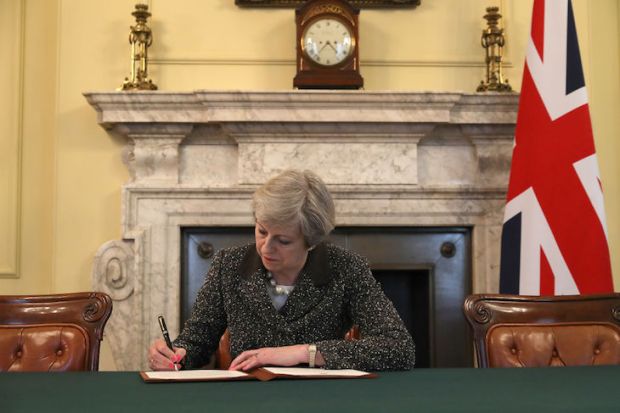There was a grim inevitability that the name Edward Heath would one day be trawled up in connection with allegations of sexual abuse of children. As one of our few unmarried prime ministers, Heath always attracted speculation about his sexuality. The public image of a private man wedded to his career, content to spend his spare time playing music and sailing, has long given way to a presumption that he must have been a repressed homosexual. Because of our national obsession with paedophilia, this in turn has all too easily morphed into the suspicion that he had a sexual interest in underage boys.
Anyone who tells the police that they were sexually assaulted as a child should be taken seriously, whatever the social and professional status of the alleged abuser. There was a time when such people were likely to be given the brush-off, but that does not mean we should leap to believe every accusation without waiting for the results of a proper investigation. The police and several high-profile politicians have conducted themselves badly over the Heath scandal.
What sparked this week’s news frenzy is a very tenuous 20-year-old case. An alleged brothel-keeper was the subject of an investigation which was apparently dropped after the woman threatened to make allegations against Heath in the dock. There are many reasons why someone in her position might, as a last throw of the dice, resort to such a threat. But even if she did genuinely believe there to be substance behind her allegations, she was not claiming to be a victim herself. The woman’s ‘evidence’ seems merely to be hearsay. Yet on this alone, Wiltshire police this week staged a press conference outside Heath’s former home in Salisbury and appealed for ‘victims’ to come forward. This repeated what has become standard procedure for police forces investigating allegations of historic child abuse: a piece of theatre is put on in order to publicise the fact that a well-known person is under investigation, accompanied by a public appeal for others to make claims. This week’s events echoes last year’s search of Sir Cliff Richard’s Berkshire home, down to its timing during the August ‘silly season’ when news can be hard to come by. On that occasion, the BBC was tipped off and duly sent a helicopter to film the police arriving. Twelve months on, Sir Cliff has been charged with nothing.
The police, in defence of this rigmarole, argue that people who were abused as children are often shy of reporting any offence. They say these victims suffer feelings of guilt and shame, but might be persuaded to come forward if they can see that they will not be alone in making the allegations.
While there might be some logic in this reasoning, it is also true that a public invitation will also encourage fantasists and compensation hunters. This is a risk which seems not to have occurred to the police, despite what has happened in the Jimmy Savile case. Many claims against Savile are genuine; some were made after his death, others while he was still alive. Yet since the High Court approved a £3 million compensation scheme in February last year, the number of claims has mushroomed to over 200. Legal firms have placed adverts imploring ‘victims’ to come forward, much in the same way as they have been doing for years in cases of whiplash after a car accident.
One of the lawyers handling claims reminds people wanting to take advantage of the scheme that they will ‘need some evidence to show you were in a situation where Savile will have had an opportunity to abuse you’. To determine guilt on the evidence that someone had the opportunity to commit a crime, rather than on any evidence that they took advantage of that opportunity, is not what we think of as British justice.
There is a legitimate case for pursuing child abuse cases from decades ago, even if the chances of uncovering the truth diminishes as time passes. Many alleged offences were not satisfactorily investigated at the time, but we have gone — as Charles Moore notes on p. 11 — from one extreme to another, from a climate in which victims were routinely dismissed as liars to one where any claim, however spurious, leads to the public shaming of the alleged offender. This is a situation that the police — and the forthcoming independent inquiry led by Justice Lowell Goddard — need urgently to address. When historic claims are made, they need to be subjected to a serious test before they are publicised in any way — not least by asking: did the alleged victim make any complaint at the time and if not, why not?
At present, the police and those politicians who have made a name for themselves by ‘witch-hunting’ too often exude an air of accusation. Those who are being accused deserve the presumption of innocence until proven guilty.






Comments